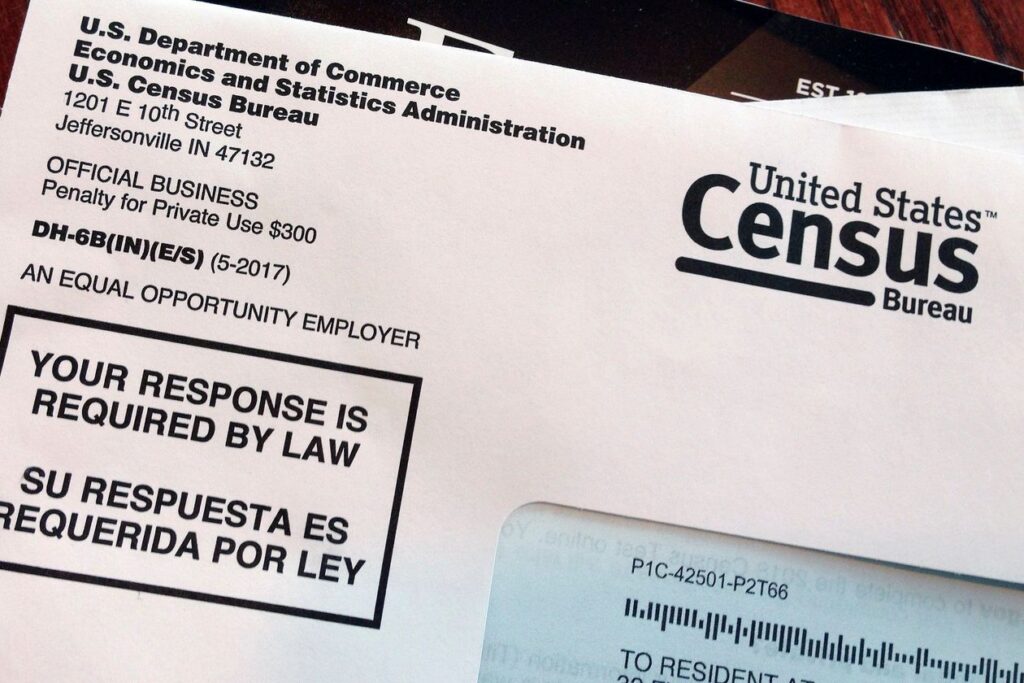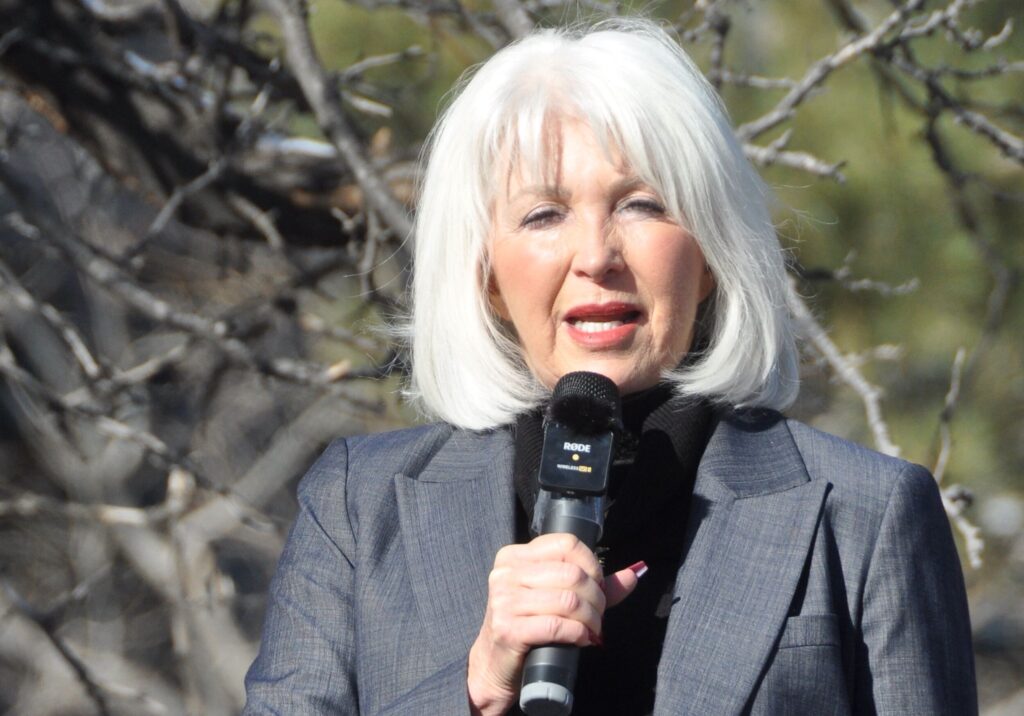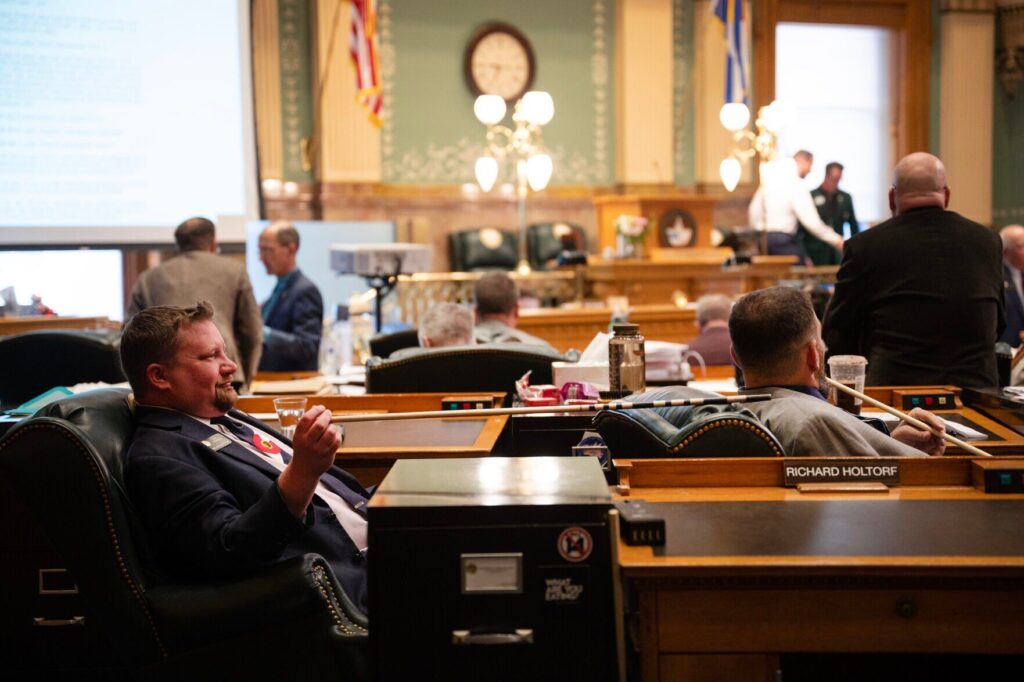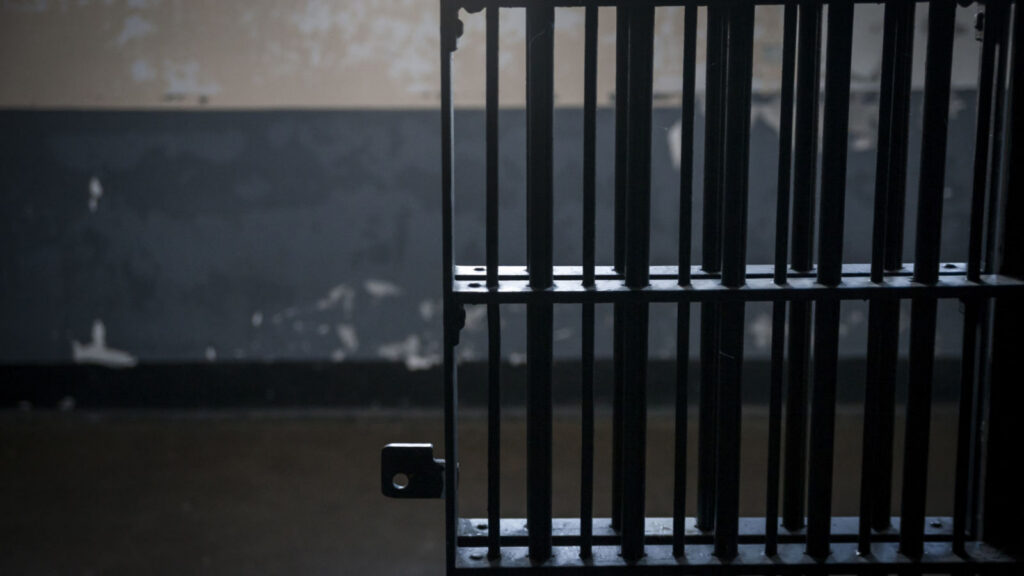Colorado becomes first state to establish right to repair agricultural equipment
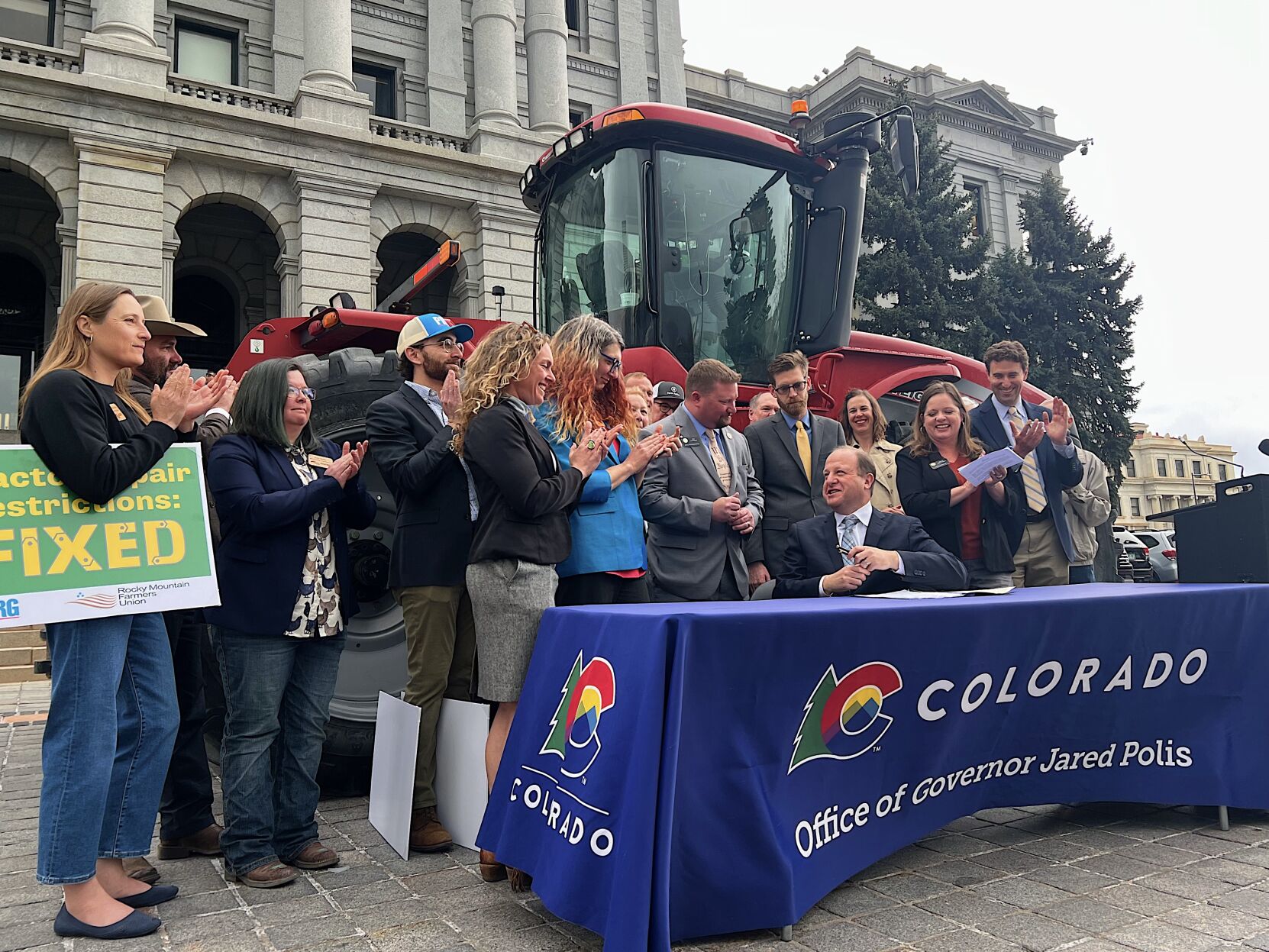
Colorado farmers will soon be guaranteed access to the resources needed to repair their own agricultural equipment, as the state on Tuesday became the first in the nation to sign a farmer’s right to repair bill.
Modern agricultural equipment often runs on advanced computer software, and, currently, some manufacturers prohibit access to these systems or do not provide information on how they work. House Bill 1011 requires manufacturers to sell tools, parts and digital access to farmers and independent repair shops to diagnose and fix problems with equipment.
The bill, which Gov. Jared Polis signed into law on Tuesday, is scheduled to take effect on Jan. 1, 2024.
“Colorado always likes to lead the way,” Polis said. “Many farmers and ranchers face difficulty around exclusive arrangements where they have to get their repairs done by the dealer. … This bill will save farmers and ranchers time and money by opening up additional options to repair farm equipment.”
Colorado was one of 11 states this year to introduce legislation seeking the right to repair for farmers, but it is the only state so far to get its proposal signed into law.
Proponents said the idea came from farmers throughout the state who had to wait weeks and pay thousands of dollars to manufacturers to conduct repairs they said they could have done themselves. Many of these farmers testified in support of the bill during public hearings.
Danny Wood said he paid $950 for a technician to type in a code to unlock his tractor – after he had already paid $8,500 for them to repair the tractor two days before. Dale McCall said he he spent $6,000 for technicians to work on his hay balers for over three weeks without fixing them, causing him to miss harvesting deadlines. After convincing the manufacturer to give him access to the software, McCall’s son fixed the balers in less than two hours, he said.
“It’s a great day for Colorado agriculture,” said bill sponsor Rep. Brianna Titone, D-Arvada. “When I was running this bill, I fought every minute for the farmers who do the work out in the fields to feed us. They’re the ones who I was working for. … They deserve to be able to get their stuff fixed when needed because their work is so important.”
The bill’s signing comes after it passed the Senate in a 25-8 vote in March and passed the House, 44-17, in February.
While the bill received bipartisan sponsorship and approval, the votes were largely split along party lines, with Democrats in support and Republicans in opposition. Throughout both chambers, only one Democrat voted against the bill and only five Republicans voted in favor of it.
Most critics of the bill said they are worried about hurting manufacturers and dealerships of agricultural equipment that rely on revenue from repairs to stay in business. Others argued that right to repair is not needed.
“Those service departments might become distressed and it would cause the dealership to become distressed and then it goes away,” said Rep. Richard Holtorf, R-Akron, while voting against the bill on the House floor. “When something goes away, it hardly ever comes back.”
Manufacturers strongly opposed the bill, arguing it would give farmers the ability to tamper with equipment beyond repairs, such as increasing a machine’s horsepower or by passing emissions control systems. In response to this concern, sponsors amended the bill to clarify that these changes would still be illegal and that the dealer is not liable for a change someone makes to the products.
The bill was also amended to automatically repeal if the federal government enacts legislation establishing the right to repair agricultural equipment and to allow memorandums of understanding to overrule the bill if the memorandum is actively in effect and adequately gives owners the tools or information needed to repair their own equipment.
This change came from critics arguing that the private sector is handling the problem itself, pointing to the manufacturing company John Deere reaching a private agreement with the American Farm Bureau Federation in January. While the agreement has no enforcement provision, in it John Deere promises to offer farmers and independent repair shops access to purchase software, manuals and other information needed to service their equipment.
“Being able to repair in a timely manner and not having to wait for somebody to come do what you can do yourself is essential,” said bill sponsor Sen. Nick Hinrichsen, D-Pueblo. “Nobody works harder than our farmers and a farmer can only work as hard as his or her equipment.”
HB 1011 is also sponsored by Rep. Ron Weinberg, R-Loveland, and Sen. Janice Marchman, D-Loveland.
The bill is backed by the Rocky Mountain Farmers Union, Colorado Cattlemen’s Association, National Federation of Independent Business and the Colorado growers associations of corn, wool, wheat, fruit and vegetables.
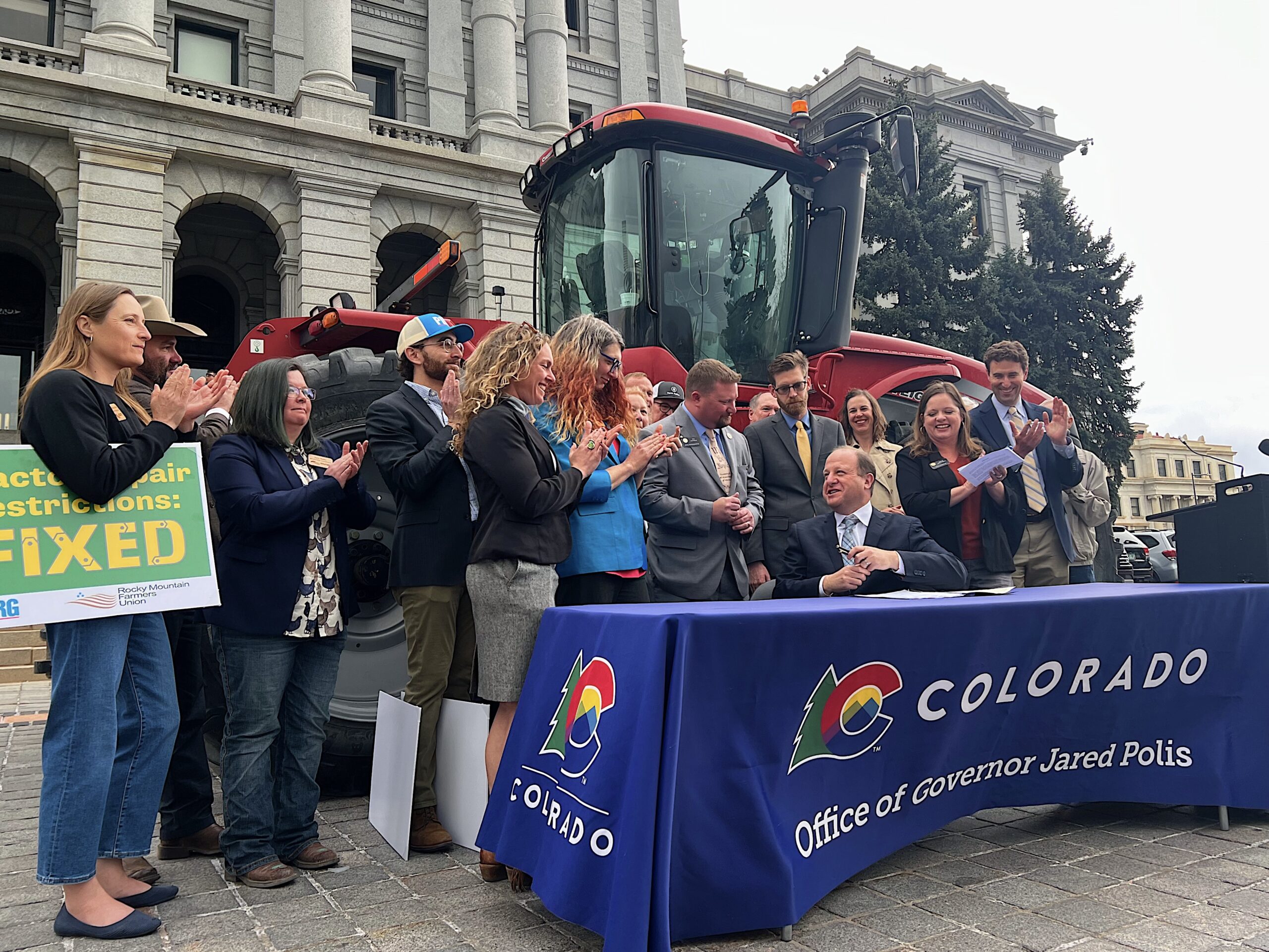
hannah.metzger@coloradopolitics.com


